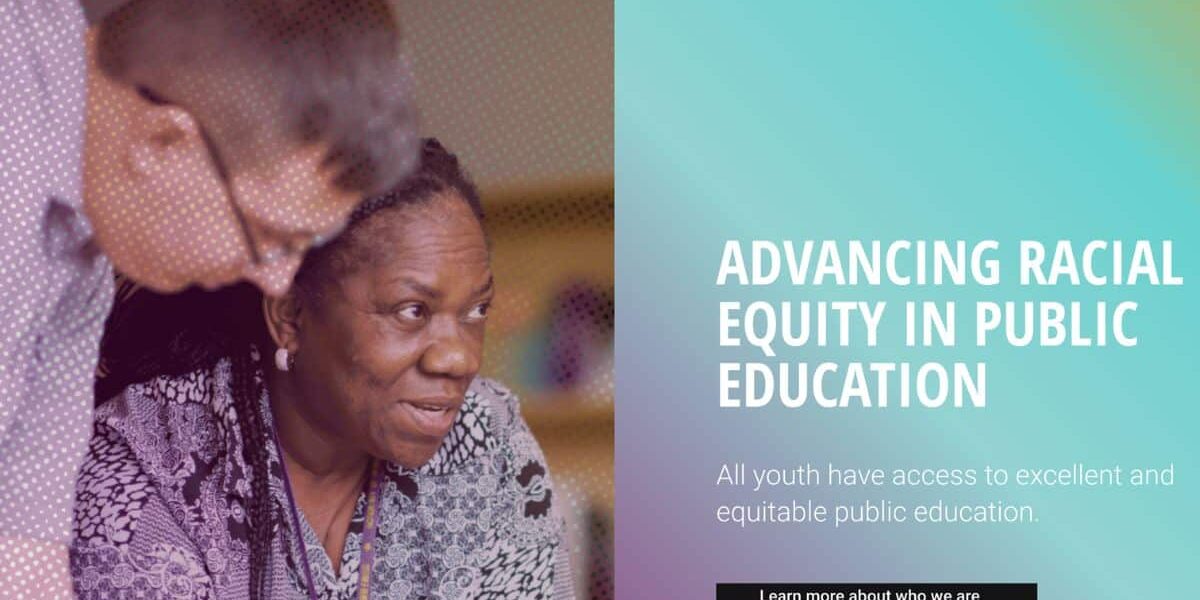Written by Dr. Gislaine N. Ngounou
Fixing Teacher Shortage Means Confronting Bias & Racism. Philanthropy Can Help
The educator shortage is a complex, multi-layered challenge that communities throughout the country have faced for decades. Addressing the problem requires solutions that go beyond quick fixes — like shaming burned-out teachers into staying the course or calling on police officers, first responders, college students, and veterans to temporarily fill vacant spots.
This crisis derives from historical bias and racism in policies such as teacher certification requirements that present barriers to the professional advancement of Black educators and those from other marginalized communities. At the Nellie Mae Education Foundation, New England’s largest philanthropic organization focused on education, our strategy is to advance racial equity in public education. The foundation uses trust-based philanthropy, a grantmaking approach that seeks to address traditional power imbalances between funders and grantees by building transparency, communication, and relationships.
With a new school year well underway, and many educators expressing anxiety and exhaustion, it is time for philanthropy to be a more effective resource to address the teacher shortages. Funders, with their money and influence, are well-positioned to amplify the voices and work of individuals, communities, and organizations that have advocated for changes and shifting narratives about educators and the crises at hand.

